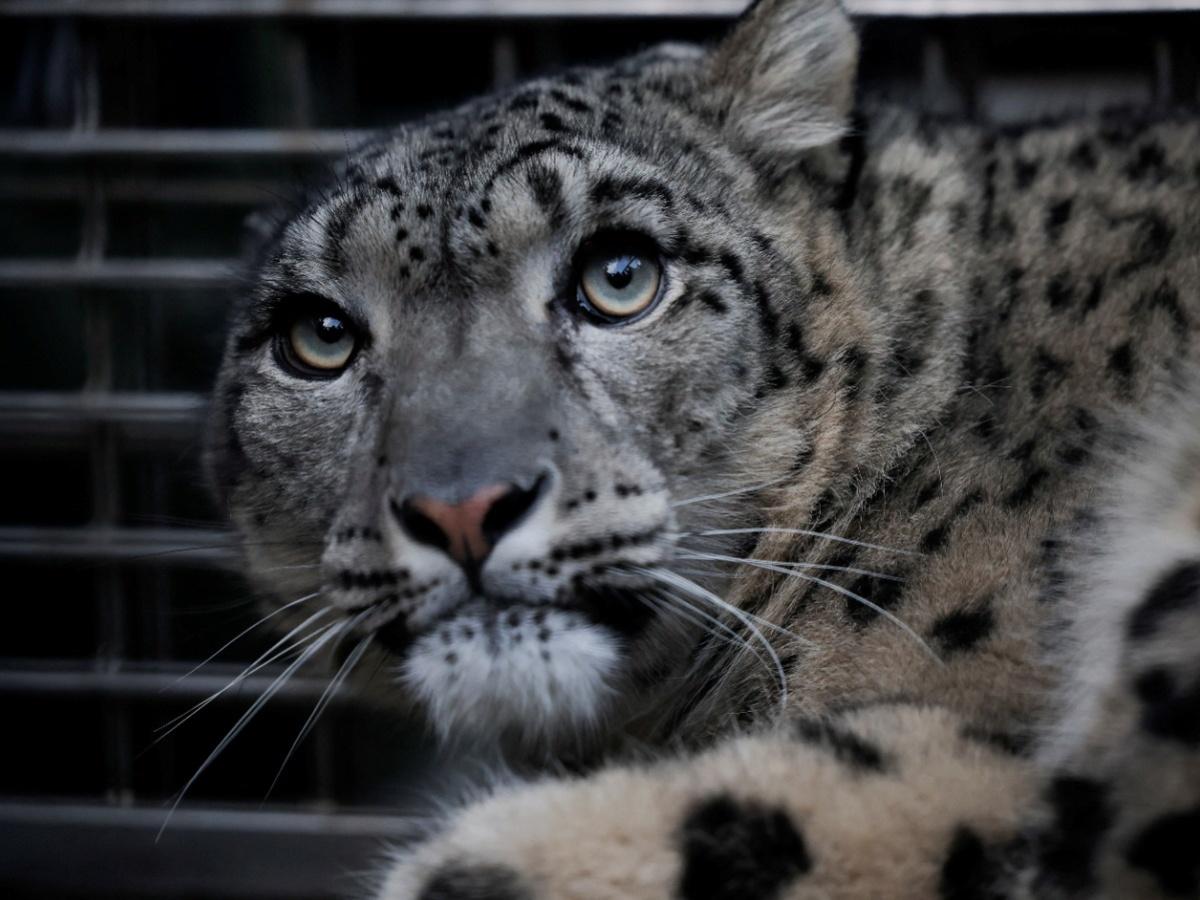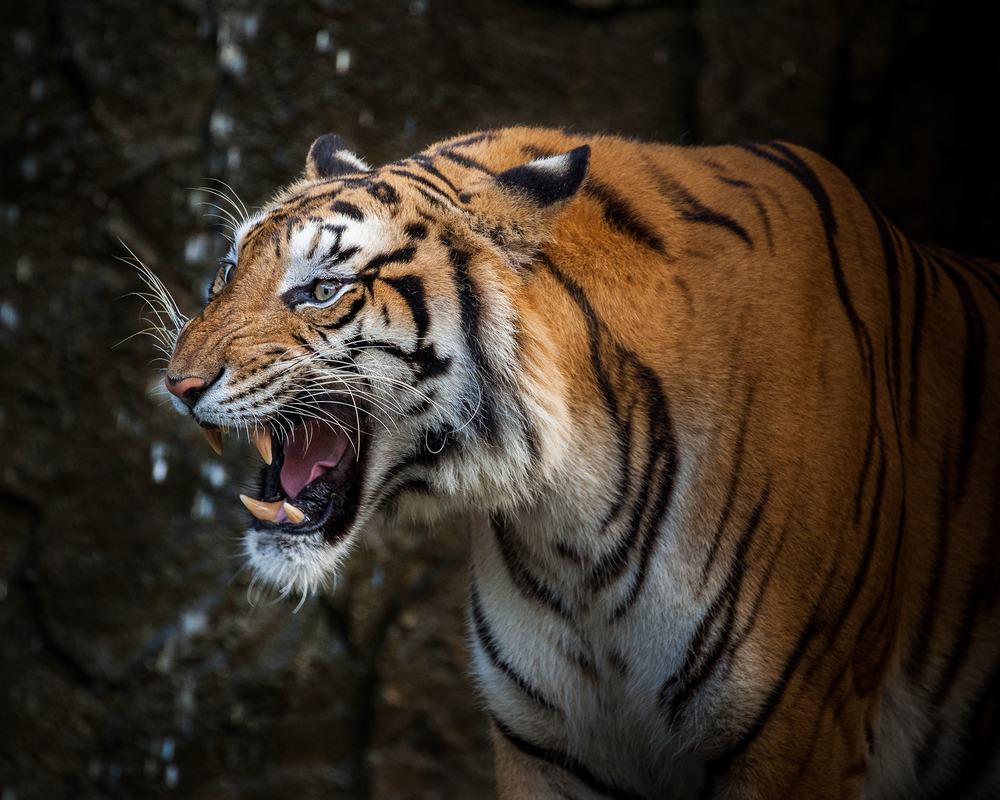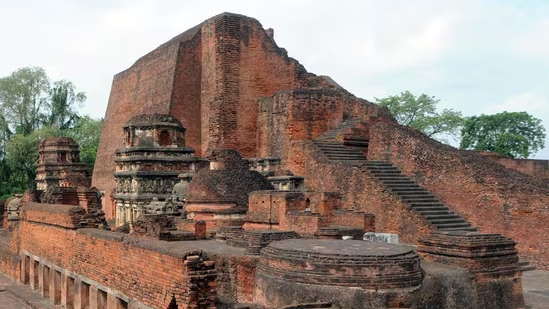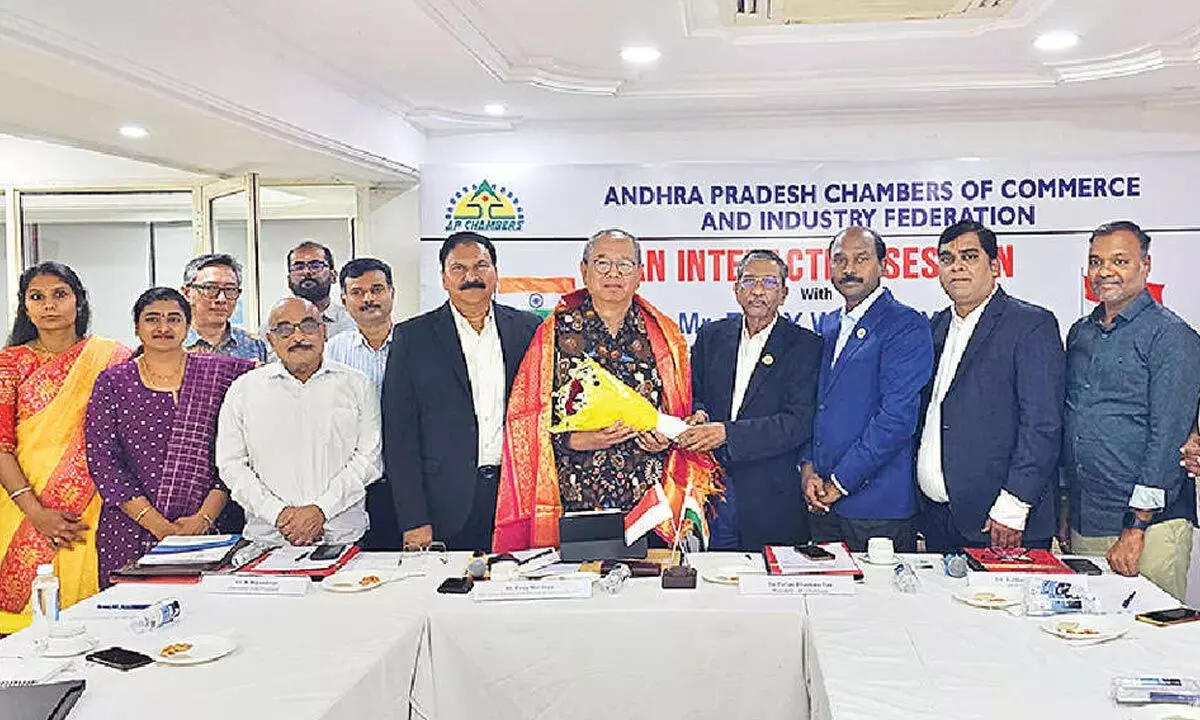Born in Kolkata in 1953, Belinda spent her childhood in the jungles of united Bihar, particularly around the area now under the Palamu Tiger Reserve in the bifurcated State of Jharkhand
PRAVASISAMWAD.COM
Perhaps if tigers – or for that matter most of the big cats that once ranged across the jungles of India in larger numbers – could only speak, they’d probably talk about Belinda Wright, tiger conservationist and wildlife campaigner, in hushed tones of reverence and awe. Or perhaps even elect her as their patron saint. Belinda is the Founder and Executive Director of the Wildlife Protection Society of India (WPSI), championing the cause of tigers and other endangered wildlife in India for over 35 years.
Born in Kolkata in 1953, Belinda spent her childhood in the jungles of united Bihar, particularly around the area now under the Palamu Tiger Reserve in the bifurcated state of Jharkhand. In her formative years as a child, she also had plenty of opportunities to travel extensively in Madhya Pradesh and Odisha along with her parents.
Her deep love and respect for tigers and India’s diverse and fascinating wildlife go back to her parents. She certainly seems to have acquired all the right kinds of genes for her lifelong dedication to wildlife in India, especially tigers. In later years her passions would lead her on to become a wildlife activist. Perhaps it wouldn’t be inappropriate to say that she has ‘tiger in her blood’.
ALSO READ: Ranthambore caught in a ‘wildlife trap’
Her mother, Anne Wright, is a founder trustee of World Wide Fund for Nature (WWF) India, which she helped set up in the late 1960s.
When the then Prime Minister Indira Gandhi launched Project Tiger in 1973, Anne Wright was one of the members of Tiger Task Force asked to select nine tiger reserves across the country. She served for 23 years on the Indian Board for Wildlife and was closely involved with the passing of the Wild Life (Protection) Act.
For her efforts to preserve India’s environmental heritage, Anne was awarded an MBE (Member of the Most Excellent Order of the British Empire) in the early 1980s. She now works as the Chairperson of the Rhino Foundation.
For his distinguished services for British citizens in India, as head of the British Citizens Association, Belinda’s father, Robert Hamilton Wright, received the OBE (Order of the British Empire) in 1988. He was also closely involved with the East India Charitable Trust, which oversaw the running of charitable homes for old people, schools and hostels. He passed away in 2005’
Belinda saw her first tiger when she was just three month’s old. As she grew older, she was completely enamoured by the grace and power of these big cats. By the time she was 14 she had decided that all she wanted to do for the rest of her life was wildlife photography. She ‘shot’ her first tiger at 16 – with her camera. Her wildlife photography caught the attention of the National Geographic, which commissioned her to shoot wildlife films for them. One thing led to another, and soon she was regularly shooting films for the BBC as well.
In 1985 she won two Emmy Awards and 14 other major international awards for her National Geographic film Land of the Tiger. To make this film, she spent more than two years following the secret lives of wild tigers in Kanha Tiger Reserve and Ranthambore Tiger Reserve. From 1994 onwards she has all her time, energy and efforts to full-time conservation work.
Belinda saw her first tiger when she was just three month’s old. As she grew older, she was completely enamoured by the grace and power of these big cats. By the time she was 14 she had decided that all she wanted to do for the rest of her life was wildlife photography.
Since then, she has pioneered investigations into the illegal wildlife trade in the Indian Subcontinent, helped expose the trade in tiger parts, and has been instrumental in the arrest of hundreds of wildlife criminals. In 2005, she was a member of the team that revealed the magnitude of the big cat skin trade in Tibet.
She has been awarded the O.B.E. in 2003 for services to the protection of wildlife in India. Her other awards include the Carl Zeiss Wildlife Conservation Award, which she received in 2005.
She is presently a member of the State Wildlife Advisory Boards of Maharashtra, Madhya Pradesh and Chhattisgarh.
The Wildlife Protection Society of India (WPSI) was founded by her in 1994 to help avert India’s wildlife crises by providing support and information to combat poaching and the escalating illegal wildlife trade – particularly wild tigers.
She says: “I have worked with wild tigers and other endangered species in India for 35 years, and have been active in strengthening law enforcement against poachers and traders since 1994. But it has been a discouraging battle; the number of tigers is plummeting as demand from other countries fuels poaching”.
As WPSI’s executive director, she travels the length and breadth of India to assist and support conservation efforts and to help enforce the law.
According to her, “Since the mid-1980s, wild tigers have been killed primarily so that their bones and other body parts could be used in traditional oriental medicines by countries like China, Japan and Korea. However, after studying seizures over the past two years, I noticed that the trade in tiger skins was rapidly rising. And having heard vague stories about Tibetans wearing skins as trimmings on their clothes, I wanted to see it for myself. What I didn’t bargain for was the extent of the trade, the open sale and use of the skins, and the indifference that I discovered about the fate of the tiger”.
She adds: “The scale of the problem is huge. The devastation is almost complete, and India’s tigers are running out of time.”











